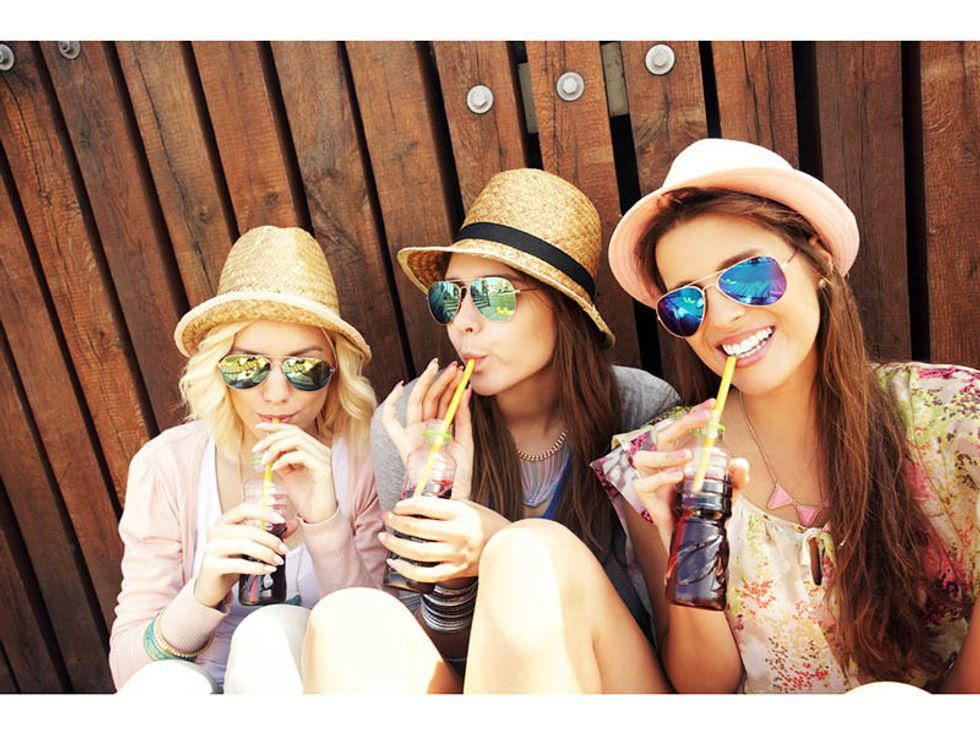
Sunglasses are often considered a fashion statement, but one expert says the style you choose is less important than picking a pair of shades that best protect your eyes from the sun’s damaging rays.
“Wearing sunglasses without 100% UV protection is actually a serious health risk,” said Dr. Dianna Seldomridge, clinical spokesperson for the American Academy of Ophthalmology.
“Regardless of the season, sun exposure can increase the risk of developing growths on the eye, cataracts and some eye cancers,” she said in an academy news release. “The good news is, protecting yourself from the sun is easy and doesn’t require breaking the bank, just look for the 100% UV protection label.”
That type of protection has nothing to do with price or brand names, Seldomridge noted.
Only buy sunglasses labeled as having 100% UV-A and UV-B or UV400 protection. If you’re unsure if your sunglasses provide proper protection, you can test them for UV safety with a photometer at an optical shop.
Sunglasses with larger lenses may provide more protection, and wraparound glasses offer the best coverage because they can prevent UV light from entering from the side.
Wraparounds also protect your eyes from wind, evaporation that may cause dry eye, and from foreign bodies like grit, sand or dust that can irritate the eye.
A higher price does not guarantee UV protection. As long as the 100% UV label is there, inexpensive sunglasses provide as effective eye protection as brand-name pairs, Seldomridge said.
Darker lenses or polarized lenses do not block more solar radiation. Polarized lenses can reduce glare coming off reflective surfaces, making activities such as driving or water sports easier and more enjoyable.
Color doesn’t matter. Lenses can come in amber, gray, green or other shades, but the only thing that matters with those choices is your personal preference.
More information
Prevent Blindness has more on your eyes and the sun.
SOURCE: American Academy of Ophthalmology, news release
Source: HealthDay

Leave a Reply